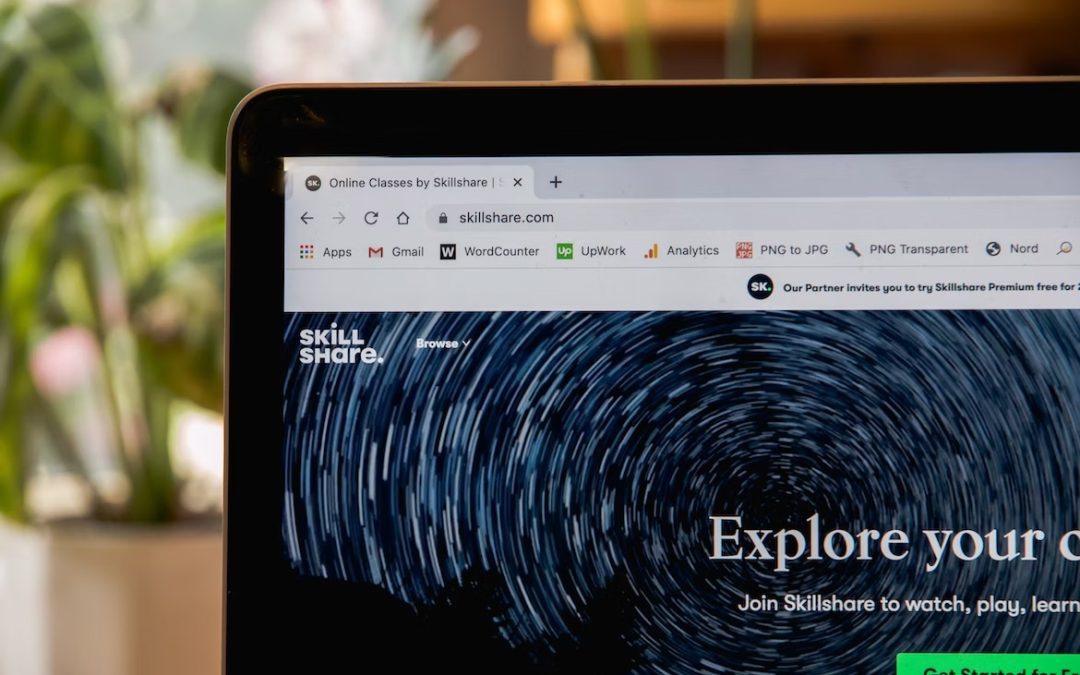MOOCs (Massive Open Online Courses) are online courses that are free, easily accessible, and have no entry requirements. They have been designed to make higher education accessible to everyone, everywhere, particularly in regions where participation in higher education is low. However, in Africa, the use of MOOCs is still relatively new, and not many African countries perceive them as tools for boosting higher education access.
A study based on 15 peer-reviewed research papers published between 2013 and 2020 found that MOOCs are mostly used as a self-learning element to support formal qualifications within African universities. They are used as supplementary courses or designed to provide extra tuition support to students already in the system. This means that MOOCs only cater to a limited number of learners and do not address the existing education access divide.
Moreover, most people from African countries taking MOOCs already possess some level of higher education, and many learners and teachers at high school level are not even aware of what MOOCs are due to lack of access to digital spaces.
Some African countries, including Nigeria, Egypt, and South Africa, have acknowledged the role that MOOCs might play in broadening higher education access, but this has not yet been translated into national policy.
To widen access to higher education through MOOCs, higher education institutions in African countries need to initiate dialogue with governments and accreditation bodies. Governments must also raise awareness among stakeholders, including school communities, educationists in higher education, policy makers, and government stakeholders, to provide African students with quality and relevant education.


0 Comments